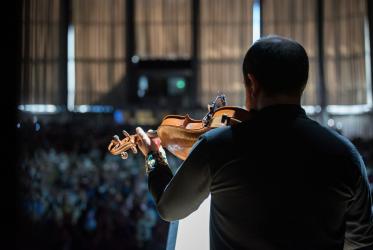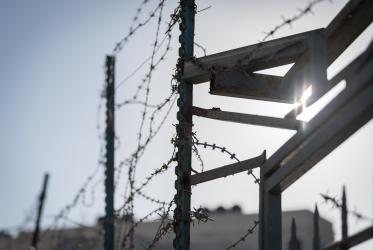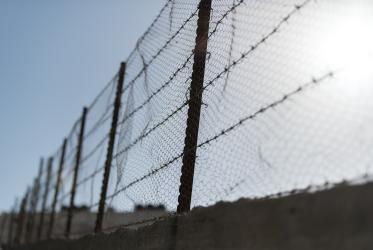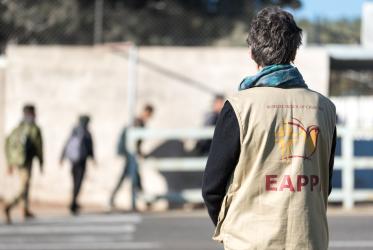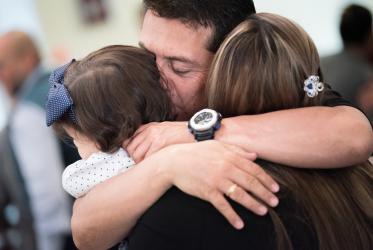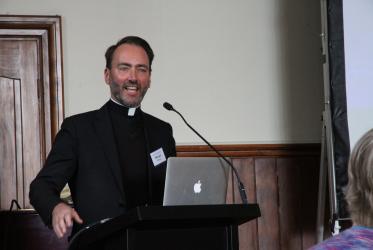Displaying 1 - 20 of 93
Voice of churches vital during UN women’s rights talks
28 March 2024
“Circle of Prayer” reverberates out from Dover—to the world
21 February 2024
Violations of human rights escalate in Masafer Yatta, Jerusalem
30 November 2023
Violence against Palestinians is rising in the West Bank
16 November 2023
ACT Alliance general secretary: “equity is not negotiable”
26 September 2023
Ecumenical accompaniers report growing violence against Palestinians
21 September 2023






